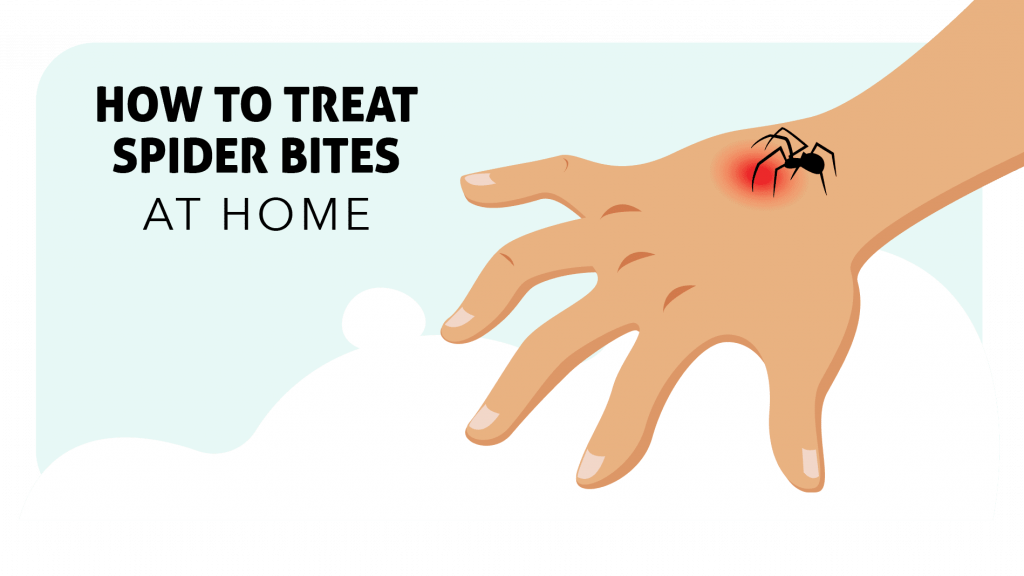Are you looking for ways on how to prevent spider bites? Spider bites can be painful and can even be dangerous in certain cases. Luckily, there are some proven strategies that you can use to keep spiders away and reduce the chances of being bitten. This article will discuss effective techniques for how to prevent spider bites, including using natural repellents, setting up barriers, and eliminating their food sources.
Common Species of Spiders
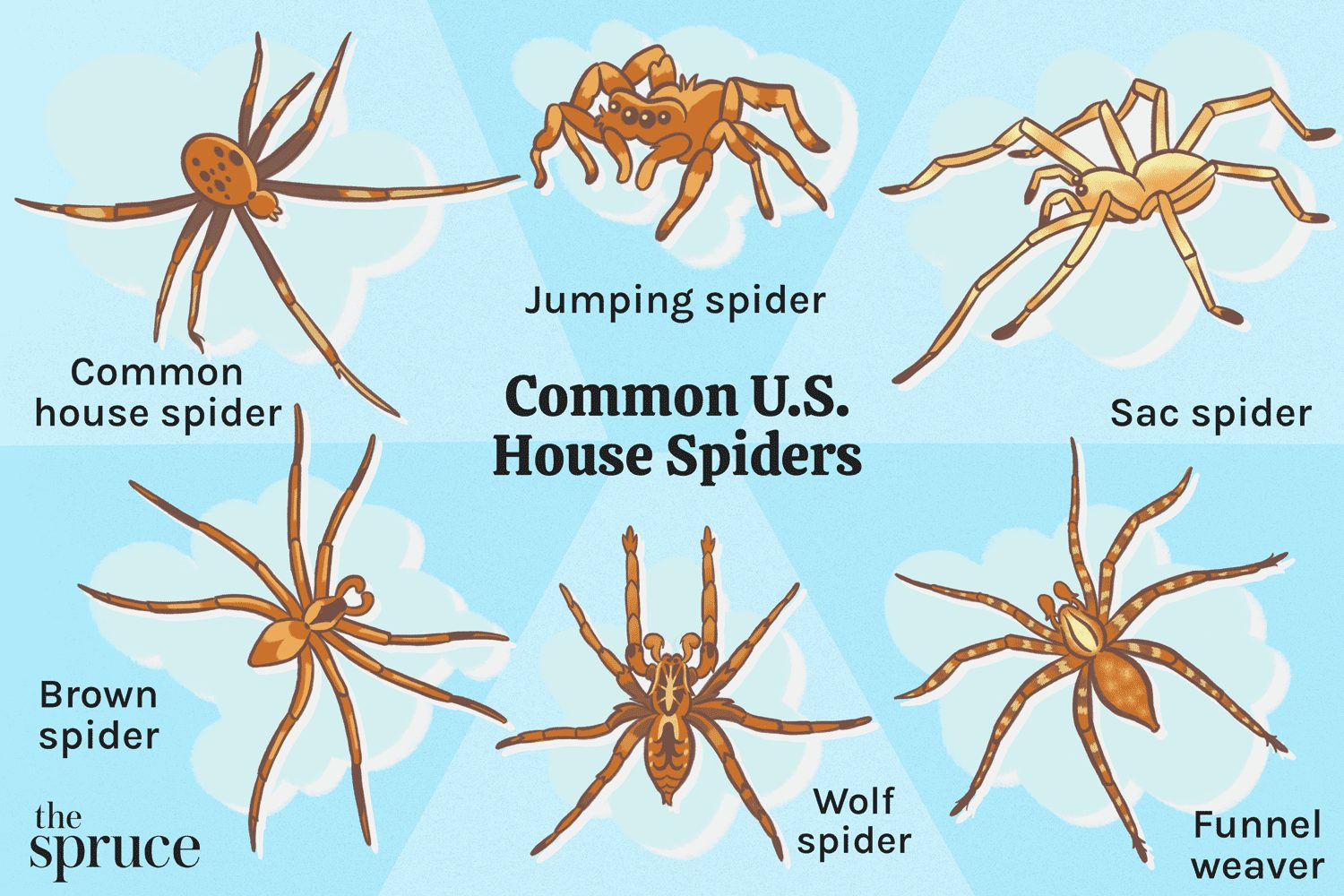
- Black Widow Spider
- Brown Recluse Spider
- Wolf Spider
- Yellow Sac Spider
- Hobo Spider
- Jumping Spider
- Garden Spider
- Tarantula
- House Spider
Spiders are one of the most common pests found in homes and gardens. They come in a variety of shapes and sizes, and some species can be dangerous. The most common species of spiders found in the US are Black Widow Spiders, Brown Recluse Spiders, Wolf Spiders, Yellow Sac Spiders, Hobo Spiders, Jumping Spiders, Garden Spiders, Tarantulas, and House Spiders. Each of these spiders has different habits and habitats, and some may bite if they feel threatened. It is important to know the different types of spiders in order to help prevent spider bites.
Brown Recluse
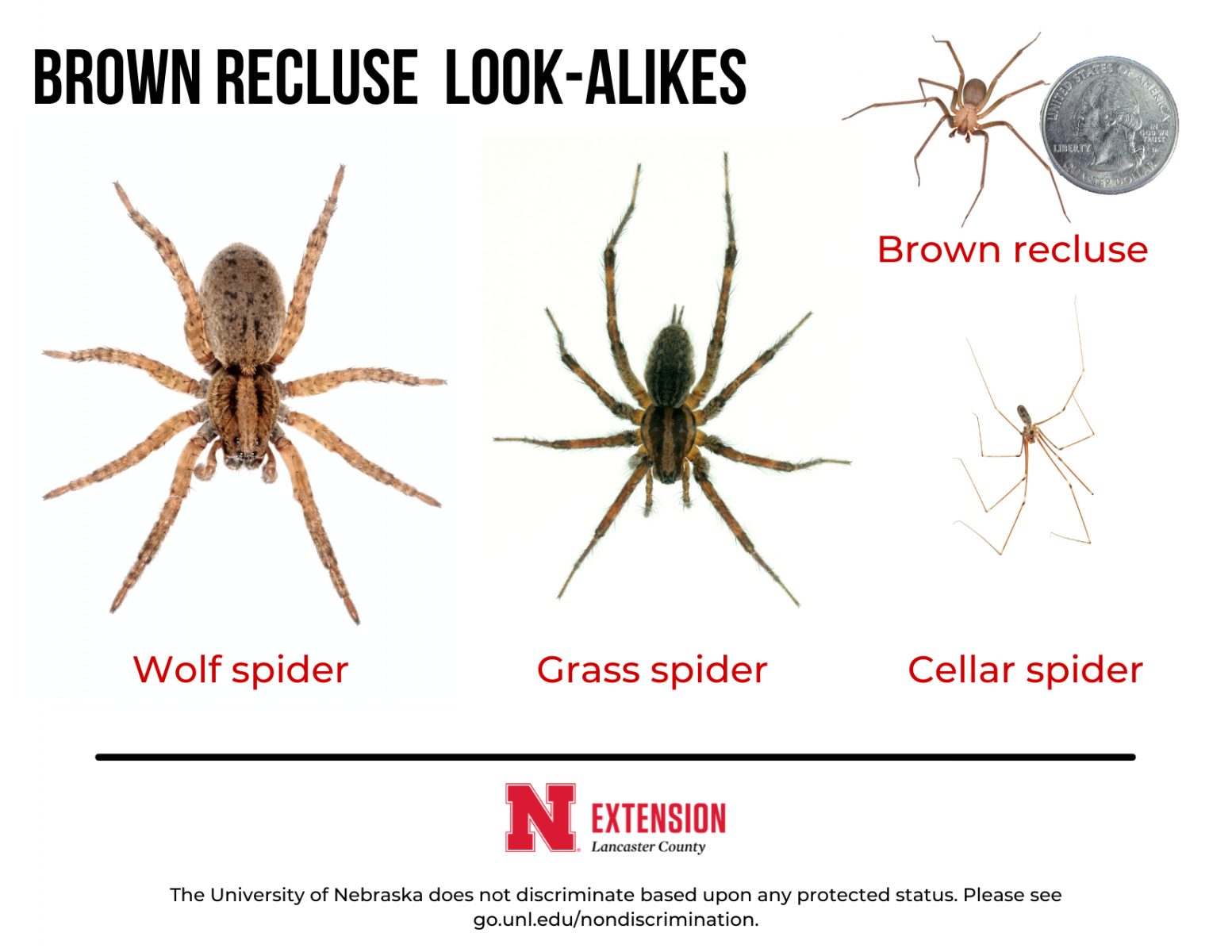
| What to do | What not to do |
|---|---|
| Cover your skin when outdoors, wear gloves when gardening or working in areas where the spider may be present, use insect repellant, check for spiders before handling firewood or debris | Do not handle the spider if spotted, do not attempt to corner or trap a brown recluse |
Be aware of the brown recluse’s habitats, which include dark, undisturbed areas, such as closets, basements, garages, under furniture, and in piles of leaves, firewood, and debris. Inspect and clean these areas regularly. Seal cracks and crevices in the home and use screens in windows and doors.
Black Widow
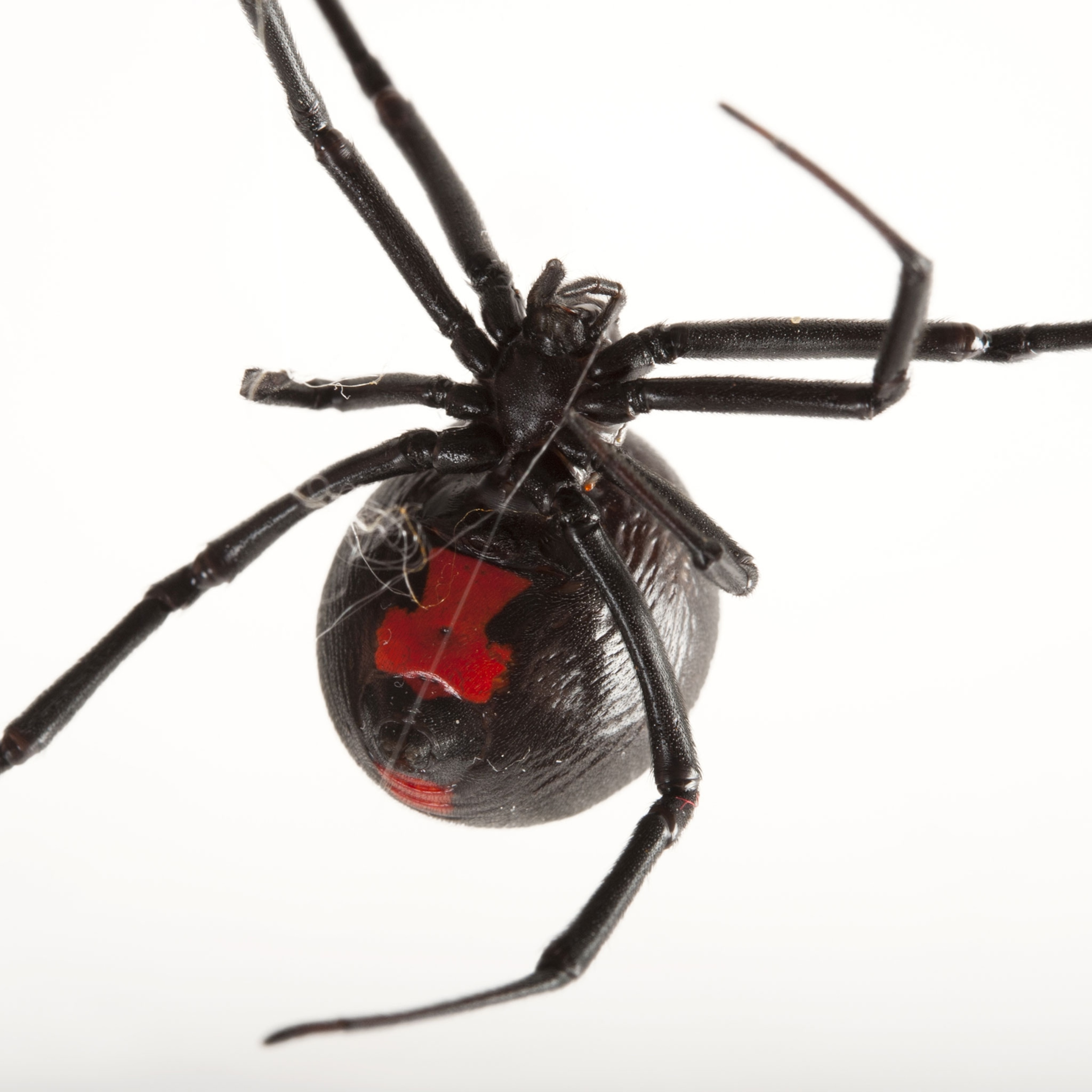
Black widow spiders are considered the most venomous spider in North America. They are found in temperate regions across the world and are identified by the red hourglass shape on the underside of their abdomens. To prevent black widow spider bites, wear gloves when handling firewood, rocks, and other objects that might provide shelter to these spiders. Additionally, shake out clothing and shoes before putting them on as black widows may hide in these items. If you find a black widow spider, do not attempt to touch it or remove it yourself. Contact a pest control professional to safely remove the spider.
Hobo Spider
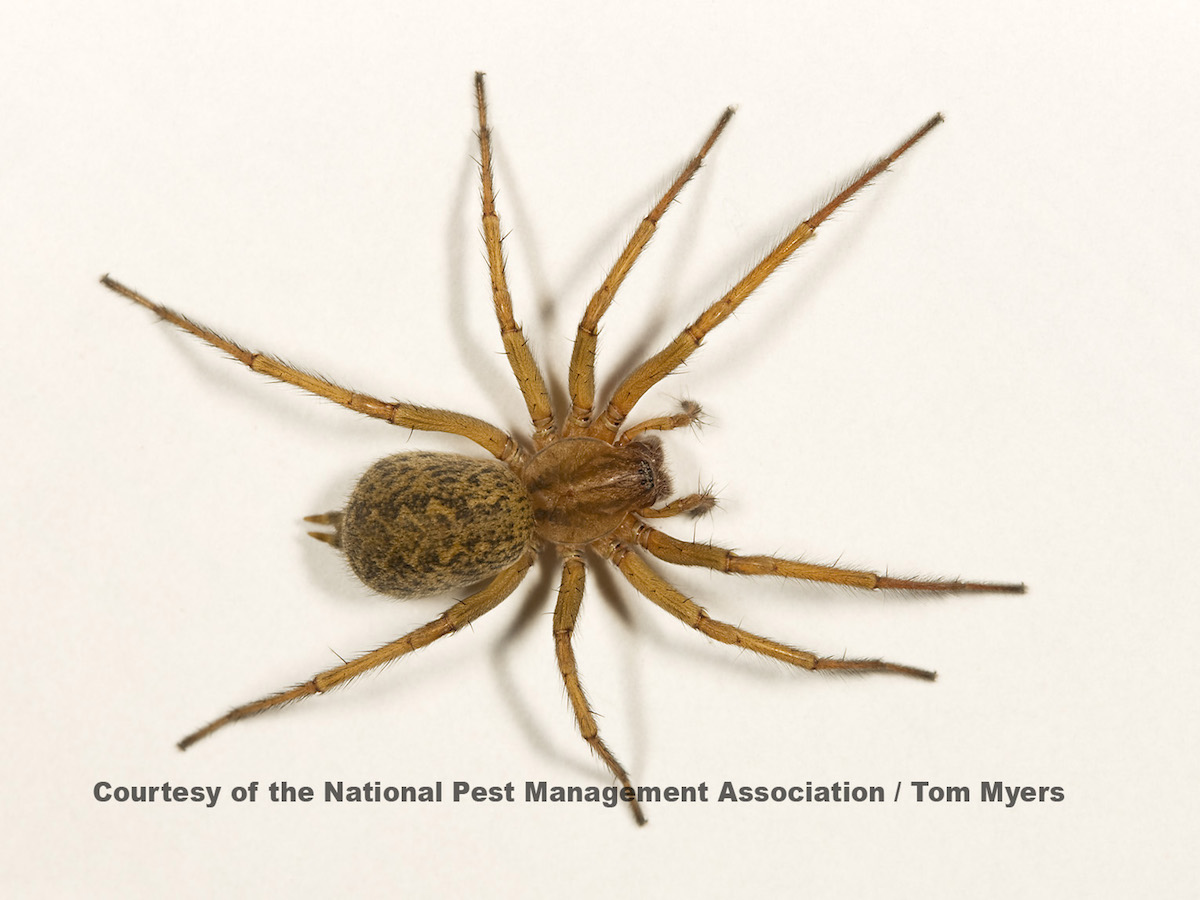
| Prevention | Description |
|---|---|
| Keep clutter to a minimum | Hobos spiders are attracted to clutter, so keeping your home tidy and free of debris can help reduce the chances of an infestation. |
| Seal cracks and openings | Check for any cracks or openings around windows, doors, and other areas of your home where spiders may enter. Use caulk or weather stripping to seal these areas. |
| Install door sweeps and screens | Install door sweeps and window screens to help keep spiders out. |
| Remove webs | Regularly check and remove webs and egg sacs to prevent hobo spiders from multiplying. |
| Remove sources of food and water | Reduce sources of food and water by keeping food sealed and stored away, sealing garbage containers, and repairing any water leaks. |
What Attracts Spiders
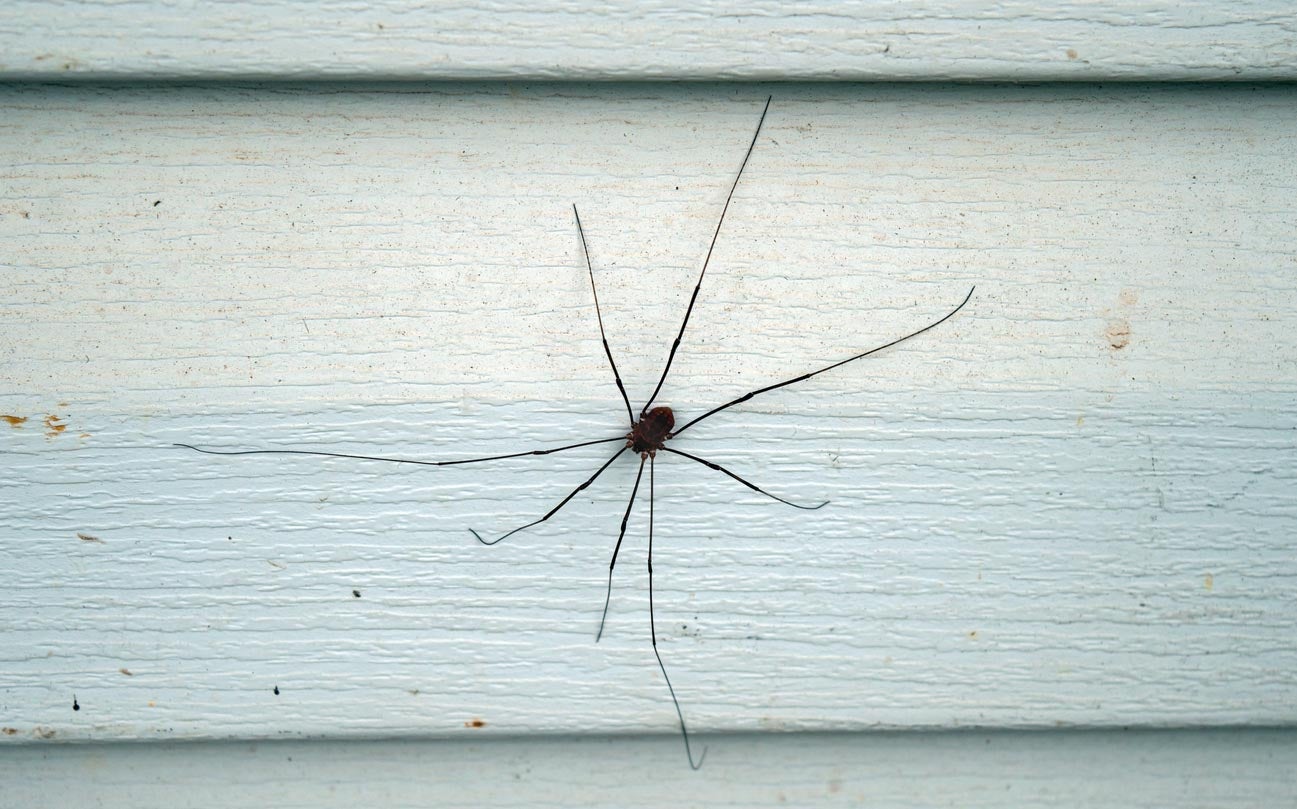
- Dark, damp places
- Clutter
- Insects
- Moisture
- Food sources, such as crumbs
- Fruits and vegetables
- Pet food
- Outdoor lighting
How to Identify and Avoid Dangerous Spiders
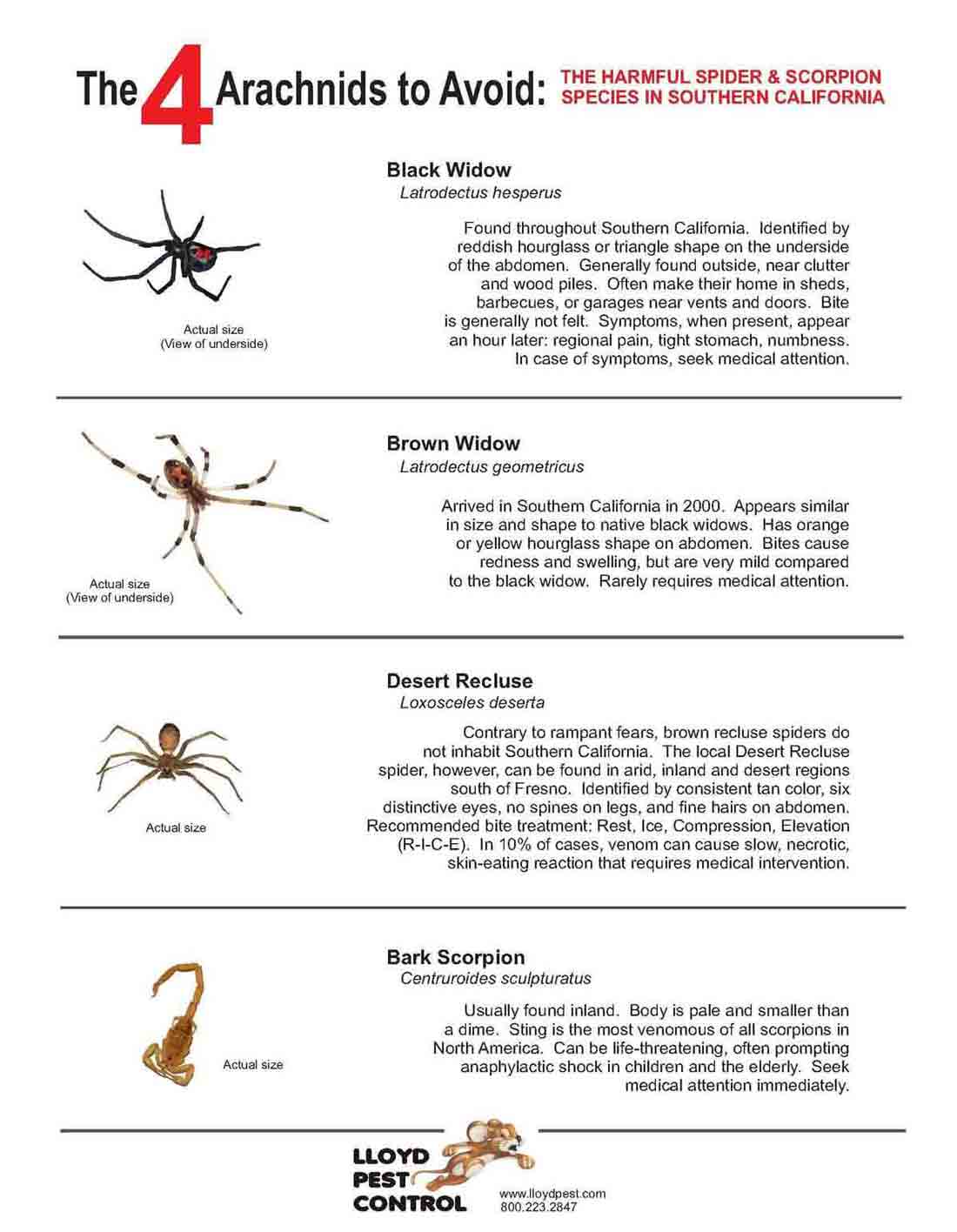
- Learn to recognize dangerous species. There are thousands of species of spiders, but only a few are dangerous to humans. Common dangerous spiders include black widows, brown recluses, and hobo spiders.
- Be aware of where spiders live. Many spiders prefer dark, damp places. Common areas for spider infestations include basements, attics, and crawl spaces. Regularly inspect these areas for spiders.
- Check for webs. Webs are a sure sign of spiders. Pay attention to the shape of the web and the spider that created it. If the spider is a dangerous species, take appropriate steps to eliminate it.
- Take precautions when working outdoors. If you are gardening or doing other work outside, be aware of your surroundings. Wear gloves and long pants to reduce your risk of getting bitten by a spider.
- Keep windows and doors closed. Spiders may enter your home if you leave doors and windows open. Make sure all windows and doors are closed and sealed to prevent spiders from entering.
- Inspect items before bringing them into the house. Spiders may hide in items such as firewood, boxes, and clothing. Shake out any items before bringing them into your home.
- Clean up clutter. Spiders often hide in clutter, so regularly eliminate any clutter in your home. Vacuum and dust regularly to remove spider webs and egg sacs.
- Use caution when handling spiders. Never touch a spider with your bare hands. If you must handle a spider, wear thick gloves and use tweezers or a vacuum cleaner to remove it.
How to Remove Spiders
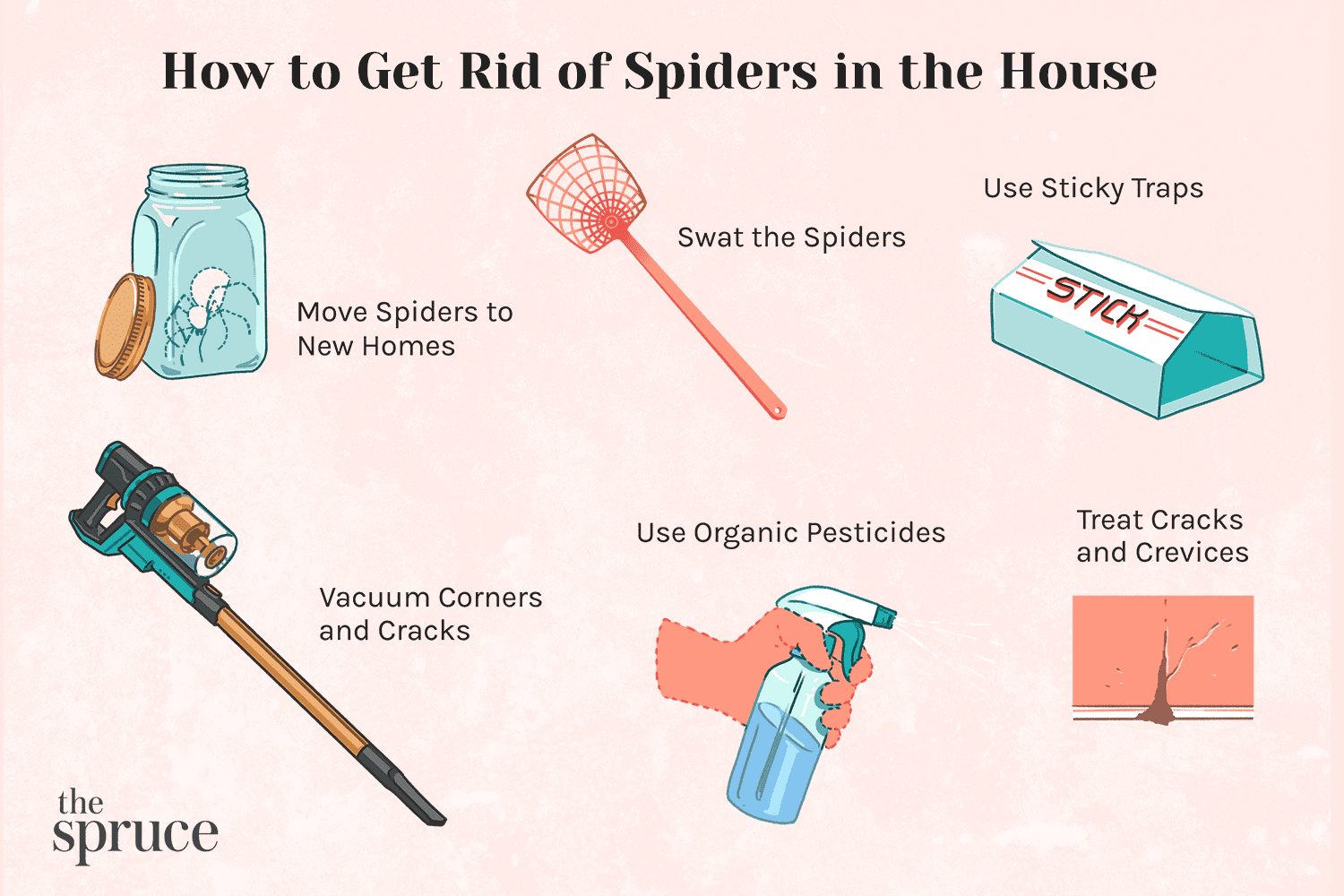
Most spiders do not bite humans unless they feel threatened. If you’ve noticed a spider in your home or yard, it’s best to take the necessary steps to remove it instead of trying to kill it. To remove a spider, start by wearing protective clothing like long pants and sleeves, and gloves. Then, use a vacuum cleaner to suck up the spider and any webbing it may have made. To make sure you get the spider, use a flashlight to spot the spider’s hiding spot and vacuum in the area until you’ve removed it. Additionally, if you have an outdoor spider problem, you can use a spider repellent spray to keep them away. Spray the repellent in areas where spiders have been seen. Make sure to spray the repellent in cracks, crevices, and other hard-to-reach places.
How to Reduce the Risk of Spider Bites
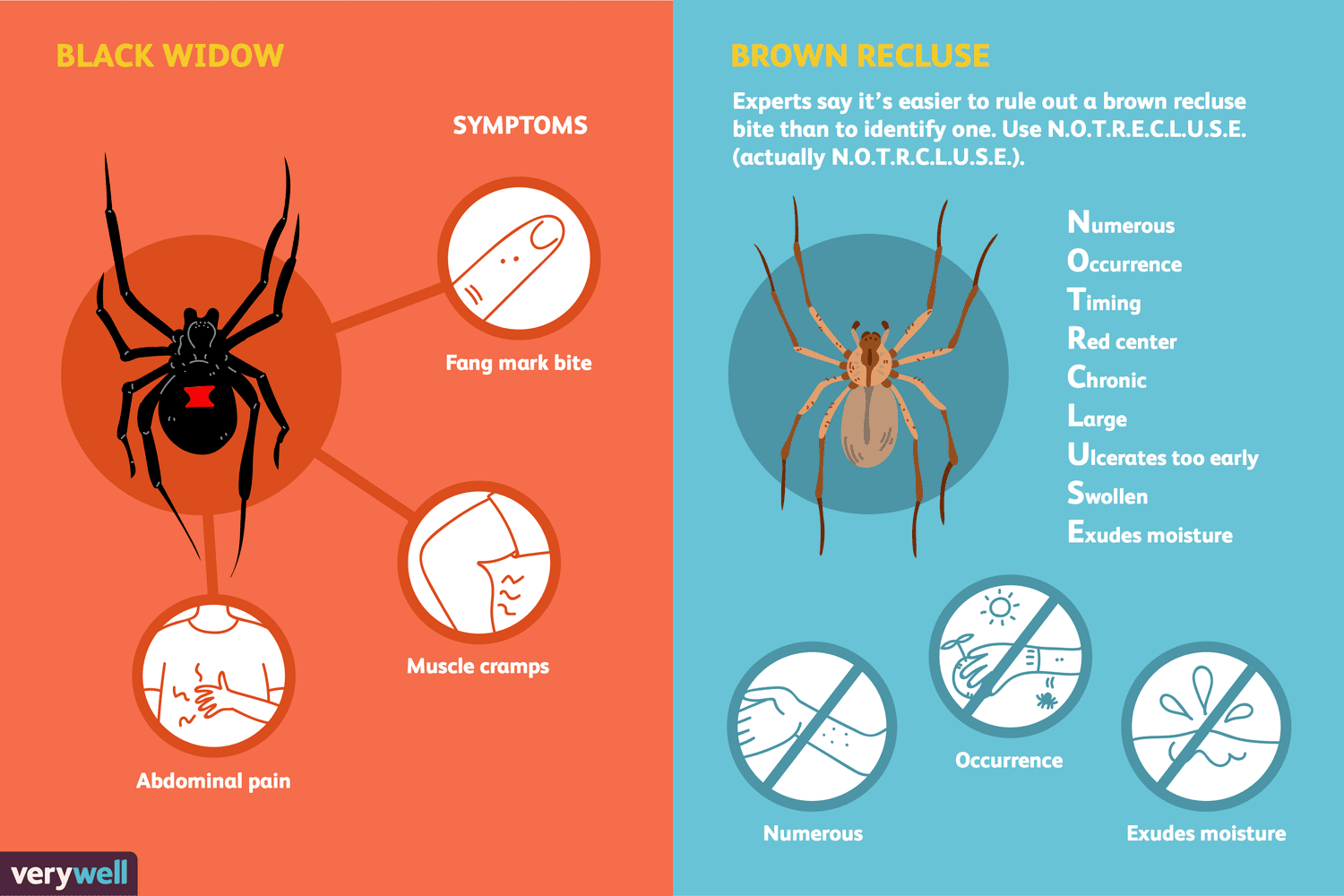
- Wear protective clothing when outdoors, such as long pants, long-sleeved shirts and closed-toe shoes.
- Avoid walking barefoot in areas where spiders may live including wooded areas, dark areas, and undisturbed areas.
- Inspect clothing, shoes and camping gear for spiders before putting them on.
- Keep outdoor areas free of clutter and debris, and avoid leaving items such as woodpiles, stones, and firewood near the home.
- Trim overgrown vegetation away from the house.
- Vacuum regularly to remove spiders, webs, and eggs from the home.
- Seal off entry points around the home such as cracks, crevices, and other openings.
- Clean up spider webs and egg sacs immediately.
- Install door and window screens to keep spiders out of the home.
Remedies for Spider Bites
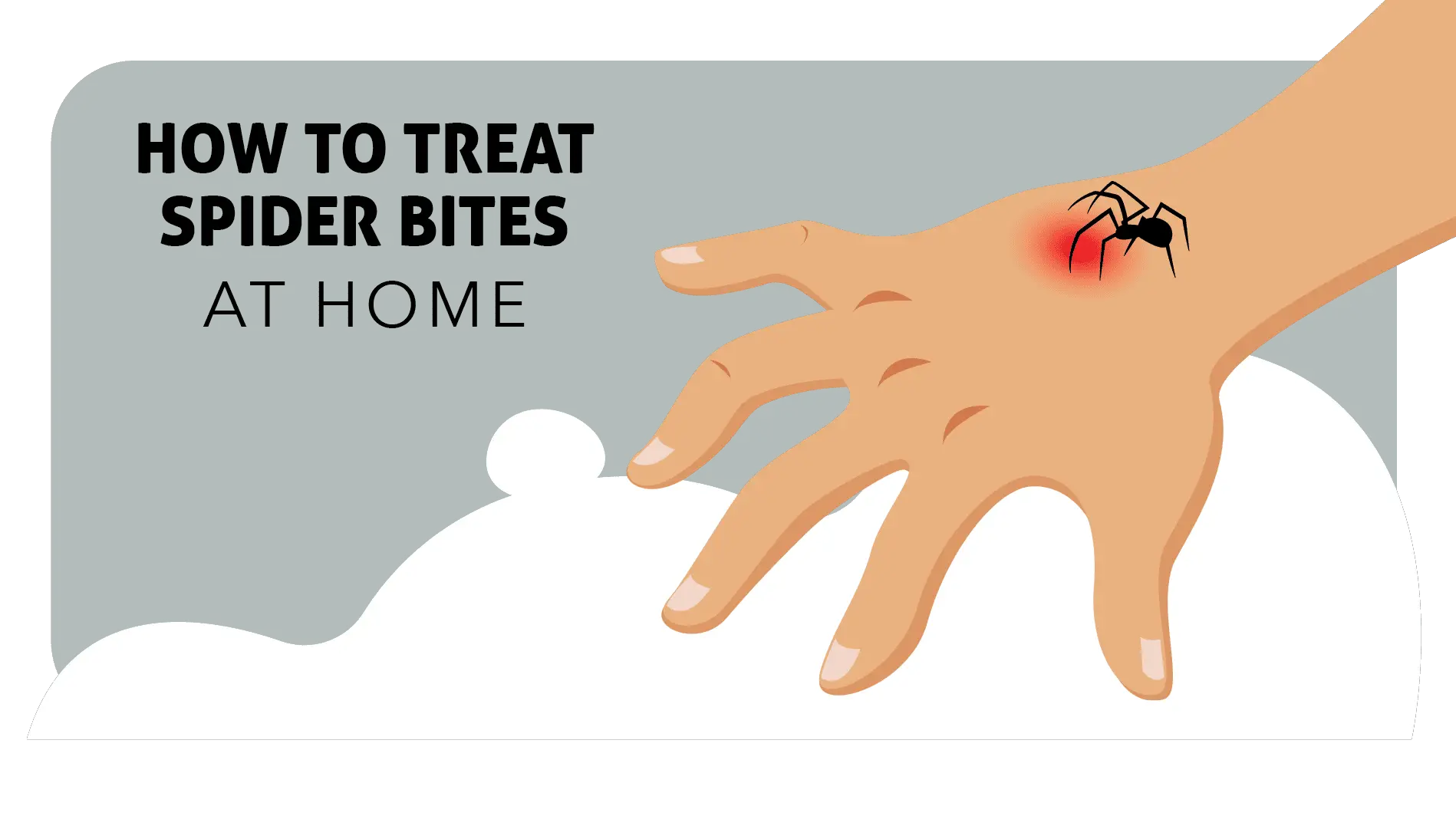
| Type of Spider Bite | Remedies |
|---|---|
| Tarantula | Apply cold compress and seek medical attention |
| Black Widow | Apply ice and seek medical attention |
| Brown Recluse | Apply cool compress and seek medical attention |
| Hobo Spider | Apply antiseptic cream and seek medical attention |
Spider bites can cause pain, swelling, redness, and itching. Depending on the type of spider, the severity of the bite can range from mild to severe. In any case, it is important to seek medical attention for proper diagnosis and treatment. The following are some remedies for spider bites:
Tarantula bites require a cold compress to reduce swelling. Black Widow bites should be treated with an ice compress to reduce symptoms and pain. Brown Recluse spider bites require a cool compress to reduce swelling and itching. Hobo spider bites should be treated with an antiseptic cream and monitored for infection.
It is important to note that some spider bites can cause an allergic reaction, so it is important to seek medical attention immediately.
Prevention Measures
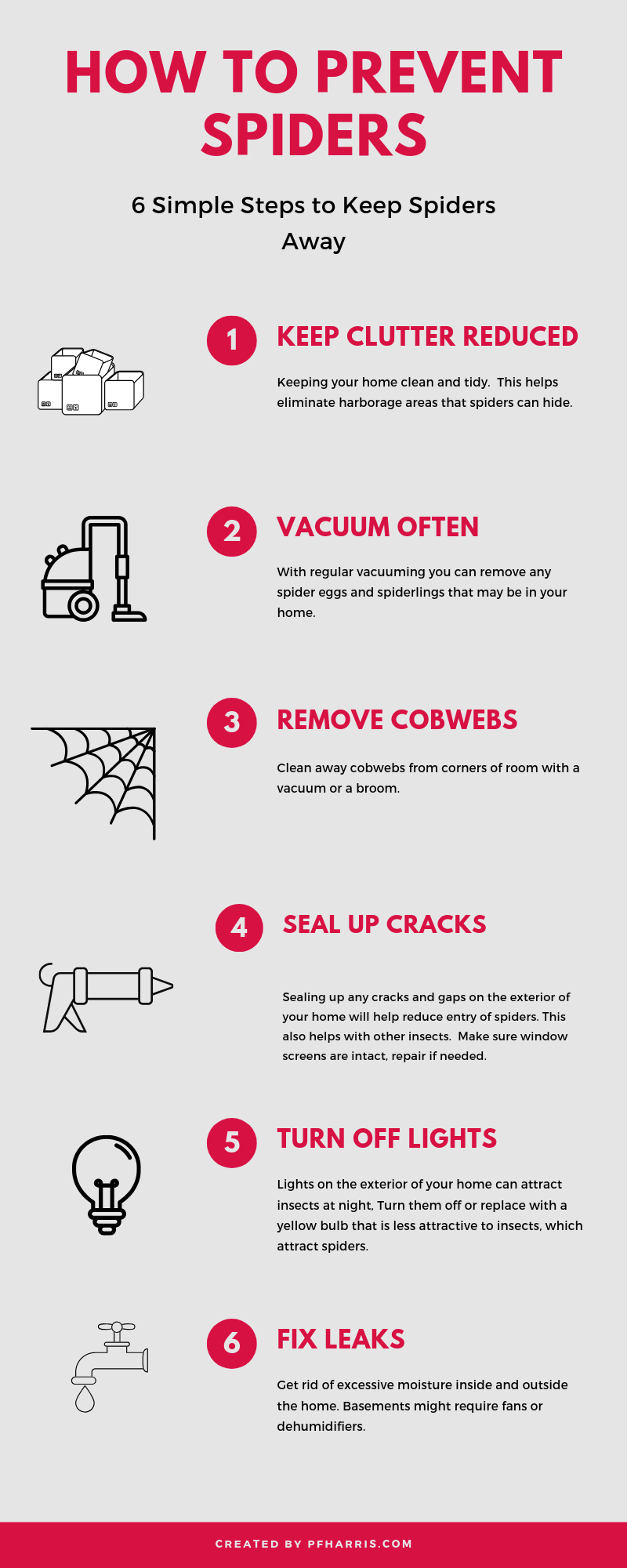
Wear protective clothing like long-sleeved shirts, long pants and closed-toed shoes whenever outdoors. Check your clothing and shoes for spiders before putting them on. Wear gloves when gardening or working outdoors. Avoid dark and damp places where spiders like to hide, such as woodpiles, dark corners, and undisturbed areas. Shake out blankets and towels before use. Vacuum and dust regularly to reduce potential hiding places. Seal cracks and crevices in the home. Store items such as firewood, boxes, and paper products away from the home. Use pesticide sprays or dusts to control spider populations.
Keep Your Home Clean
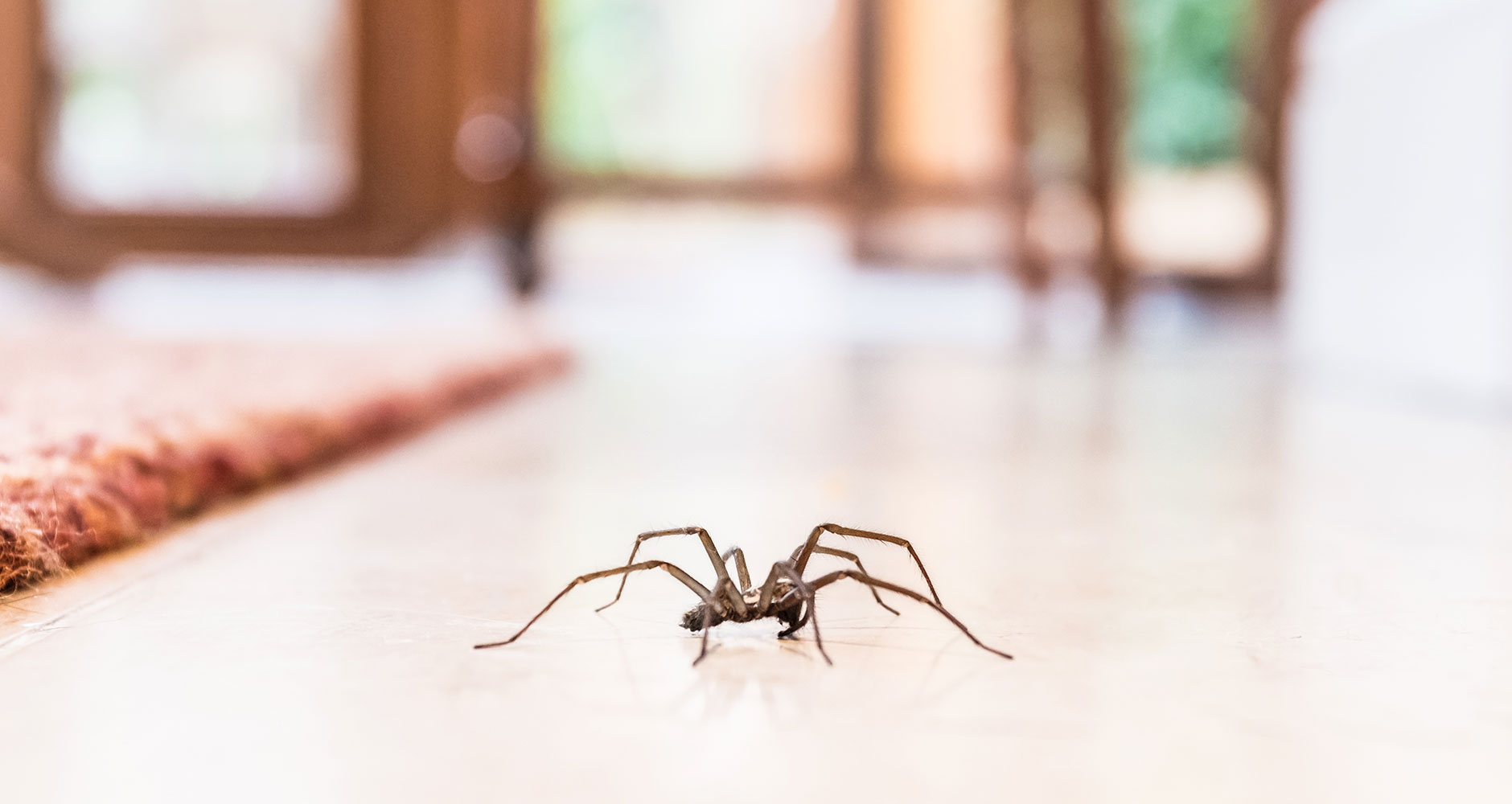
Spider infestations can be prevented by keeping your home clean and free of clutter. Vacuum carpets, upholstered furniture, and other areas where spiders may hide. Dispose of the vacuum bag or canister outside the home. Declutter areas such as attics, basements, and garages to reduce places spiders can hide. Seal any cracks, crevices, and openings around windows, doors, and baseboards to prevent spiders from entering. Install door sweeps and window screens. Regularly clean countertops, tables, and other surfaces to reduce spider food sources.
Wear Appropriate Clothing
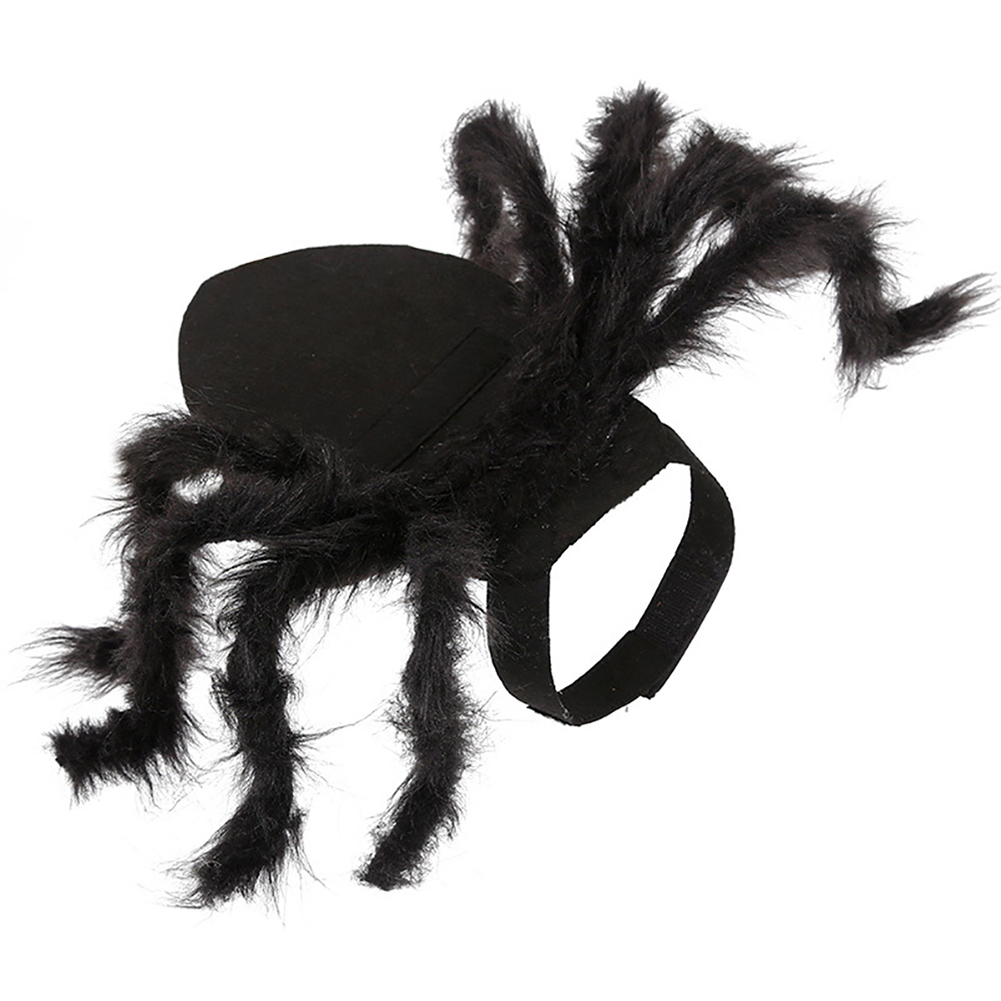
Covering exposed skin with long sleeves, long pants, and socks can help ward off spider bites. Wear light-colored clothing so you can spot any spiders that may be nearby before you get too close. When outside, wear closed-toe shoes, such as boots or sneakers, to protect your feet. Wear gloves when gardening or handling wood or rocks.
Use Insect Repellents
- Spray insect repellent on clothing and exposed skin.
- Use mosquito netting when sleeping outdoors.
- Wear light-colored clothing with long sleeves and long pants when outdoors.
- Avoid perfumes and scented lotions when outdoors.
- Apply insect repellent containing DEET, Picardin, oil of lemon eucalyptus, or IR3535 to clothing and exposed skin before going outdoors.
- Follow label instructions when using insect repellent.
Seal All Openings in Your Home
Spiders are able to enter your home through many small openings, such as cracks or holes in your walls and window and door frames. To prevent spiders from entering your home, make sure to close off or seal all of these openings. Inspect the exterior of your home for cracks or holes, and use caulk to seal them off. Additionally, check for gaps around windows and doors and use weatherstripping to fill them. Finally, ensure that all of your doors and windows close properly, so that spiders cannot enter your home.
Frequently Asked Questions
What are some proven strategies for keeping spiders away?
Keep living and work spaces clean and clutter-free to discourage spiders from living there. Seal cracks and crevices around windows, doors, and along the foundation of the home, to help prevent spiders from entering. Use screens in windows and vents to block spiders from entering. Vacuum regularly to remove spider webs and egg sacs. Ensure there is good lighting outside of the home, as spiders are attracted to dark and damp places. Avoid stacking firewood or debris near the house, as this may attract spiders.
How can I tell if I’ve been bitten by a spider?
Look for two puncture marks on the skin, accompanied by pain and itching. In some cases, you may also experience swelling and redness at the bite site. Seek medical help if the bite area becomes infected, if you experience an allergic reaction such as difficulty breathing, or if you become ill.
Is there a way to tell if a spider is poisonous?
Unfortunately, it is not easy to tell if a spider is poisonous by looking at it. The most reliable way to tell if a spider is poisonous is to identify the species. Different species of spiders have different levels of toxicity. To minimize the risk of being bitten, it is important to be aware of the different spiders found in your area. If you are unsure of the species, it is best to avoid the spider altogether.
What are the Symptoms of a Spider Bite?
Spider bites may cause mild to severe reactions in humans, depending on the type of spider. Common symptoms may include localized redness, swelling, pain, and itching. In more serious cases, severe muscle cramping, nausea, vomiting, fever, and difficulty breathing may occur. In extreme cases, a spider bite may even cause death.
Are there any home remedies for treating a spider bite?
It is important to remember that some spiders’ bites can be dangerous, so it is essential to seek professional medical care if you think you have been bitten. If the bite is not serious, there are some home remedies that can help reduce discomfort and speed up the healing process. These include applying an ice pack to the area, washing the bite with soap and water, using a baking soda paste, and applying an anti-itch cream.
Conclusion
To keep spiders away, use preventative strategies such as keeping your home clean and free of clutter, sealing any cracks or openings around the windows and doors, and using natural deterrents like citrus-scented cleaners and essential oils. If you are bitten, wash the bite with soap and water and contact a doctor if necessary.

